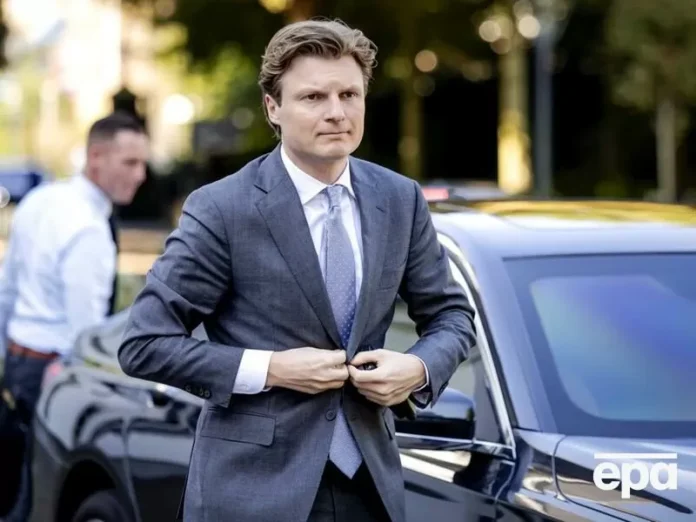Possible NATO involvement in defending Ukrainian airspace against Russian air targets is unlikely to be an effective solution to the ongoing conflict. This was stated by Dutch Defense Minister Ruben Brekelmans in an interview with Radio Free Europe on September 7th.
The ongoing conflict between Ukraine and Russia has been marked by a series of military confrontations, including the annexation of Crimea by Russia in 2014 and the ongoing conflict in eastern Ukraine. In recent months, tensions have escalated with Russia’s increased military presence along the Ukrainian border and reports of Russian troops crossing into Ukrainian territory. In response, there have been calls for NATO to provide support to Ukraine, including potentially defending its airspace against Russian air targets.
However, Minister Brekelmans believes that this may not be an effective solution. He stated that while NATO has the capabilities to provide support, it may not be the best approach to resolving the conflict. «I think it’s important that we try to find a political solution to the conflict,» he said. «And I don’t think that military means will be the solution.»
Brekelmans’ comments highlight the complex nature of the conflict and the challenges of finding a resolution. While NATO may have the military capabilities to provide support, it is ultimately a political issue that requires a diplomatic solution. In addition, any involvement by NATO in the conflict could further escalate tensions with Russia and potentially lead to a larger conflict.
Furthermore, NATO’s involvement in defending Ukrainian airspace could also have negative consequences for the alliance itself. As an organization founded on the principles of collective defense, any involvement in the conflict could potentially strain relations with Russia and other countries. It could also create divisions within the alliance, as some member states may not be in favor of such involvement.
In addition, there are logistical challenges to consider. Defending Ukrainian airspace would require significant resources and coordination among NATO member states. This could divert attention and resources away from other important missions and operations, potentially weakening the alliance’s overall capabilities.
Moreover, there is no guarantee that defending Ukrainian airspace would be successful in deterring Russian aggression. Russia has a strong and advanced military, and any attempt to engage in a military confrontation could have serious consequences. It is also important to consider the potential for civilian casualties and the impact on the already vulnerable Ukrainian population.
Instead of relying on military means, Minister Brekelmans emphasized the importance of finding a political solution to the conflict. This sentiment is shared by many other European leaders, who have called for a diplomatic approach to resolving the crisis. It is crucial for all parties involved to engage in meaningful dialogue and negotiations to find a peaceful resolution.
In conclusion, while the idea of NATO involvement in defending Ukrainian airspace may seem like a viable solution, it is unlikely to be effective in the long run. The conflict between Ukraine and Russia requires a political solution, and any military involvement could have negative consequences for both NATO and the region. It is crucial for all parties to prioritize diplomacy and work towards finding a peaceful resolution to the ongoing crisis.

